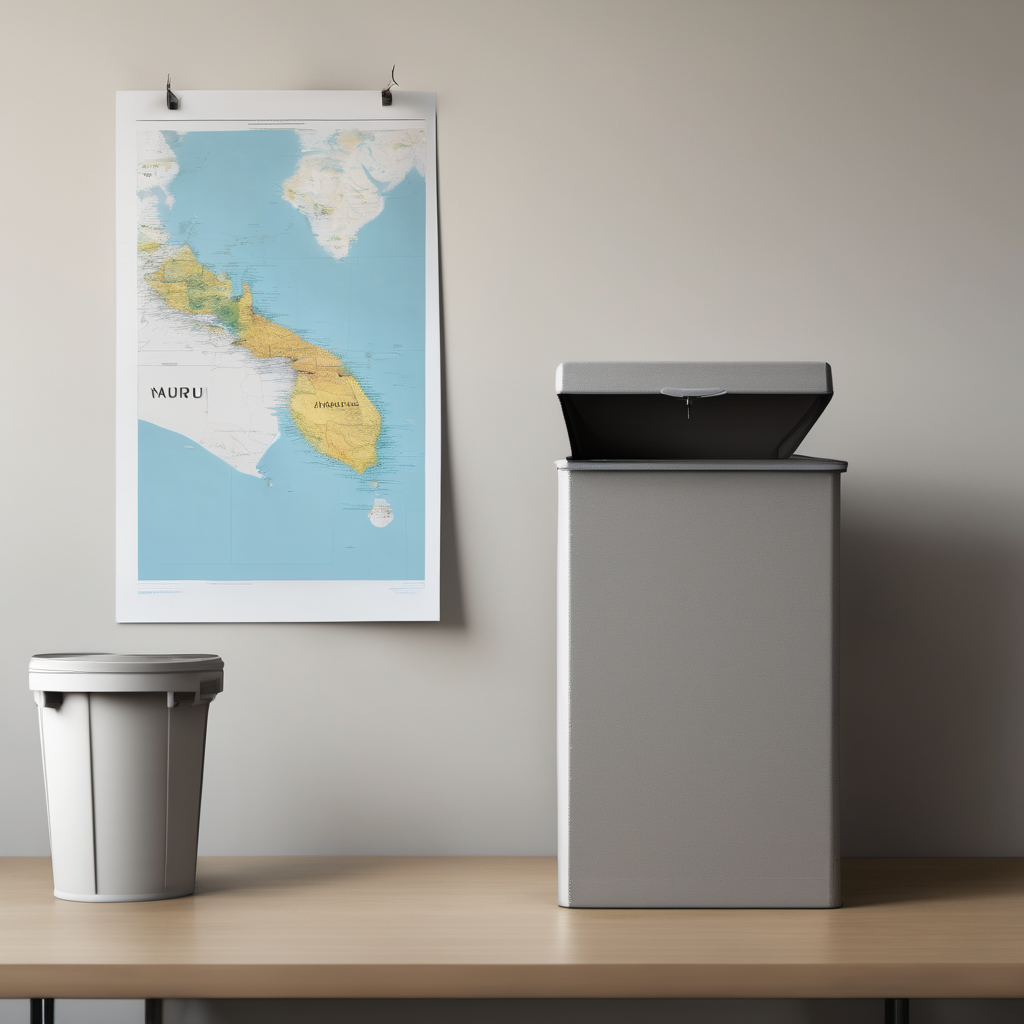Nauru’s recent national referendum has resulted in a significant decision as voters rejected a proposal to extend the parliamentary term from three years to four. The referendum, held concurrently with the general election, saw 4,601 voters opting for “No” while 3,714 supported the “Yes” vote, thereby defeating the constitutional amendment that had previously been passed by Parliament earlier this year. For the amendment to take effect, it required the backing of two-thirds of those participating in the referendum.
The voting question posed to the public read: “Do you agree that the term of the Parliament be increased from 3 to 4 years as approved and passed by the Parliament pursuant to the Constitution (Amendment) Bill 2025?” The outcome preserves the traditional three-year duration for Nauru’s parliamentary terms.
Simultaneously, the Nauru Electoral Commission has been disseminating results from the ongoing general election, indicating that incumbent president David Adeang has been re-elected in the Ubenide constituency, alongside fellow members Reagan Aliklik, Russ Kun, and Ranin Akua. However, Adeang’s return to the presidency is not guaranteed, as that decision will be left to the newly formed parliament.
The election results showcase a variety of new faces entering the legislative arena. In the Mening constituency, victorious candidates include Tawaki Kam, Jesse Jeremiah, and Lionel Aingimea; in Aiwo, Delvin Thoma and Rennier Gadabu claimed the two available seats, while Charmaine Scotty and Isabella Dageago were elected as Yaren representatives. Buada’s electorate chose Shadlog Bernicke and Bingham Agir, while Timothy Ika and Marcus Stephen won in Anetan. The Boe constituency elected Asterio Appi and Wanganeen Emiu, and Maverick Eoe alongside Pyon Deiye emerged victorious in Anabar.
Nauru’s parliament comprises 19 members elected from multi-seat constituencies, drawing representatives from 14 administrative districts grouped into eight constituencies. This current election reflects a growing political engagement among Nauruans, as evidenced by the turnout and the variety of candidates elected.
This recent electoral outcome and the decision on the parliamentary term signal a commitment to exploring the evolving political landscape in Nauru, emphasizing the community’s desire for governance that resonates with their established norms and aspirations. As Nauru continues to navigate its political future, the emphasis on democratic participation represents hope for a strengthening relationship between citizens and their government.
